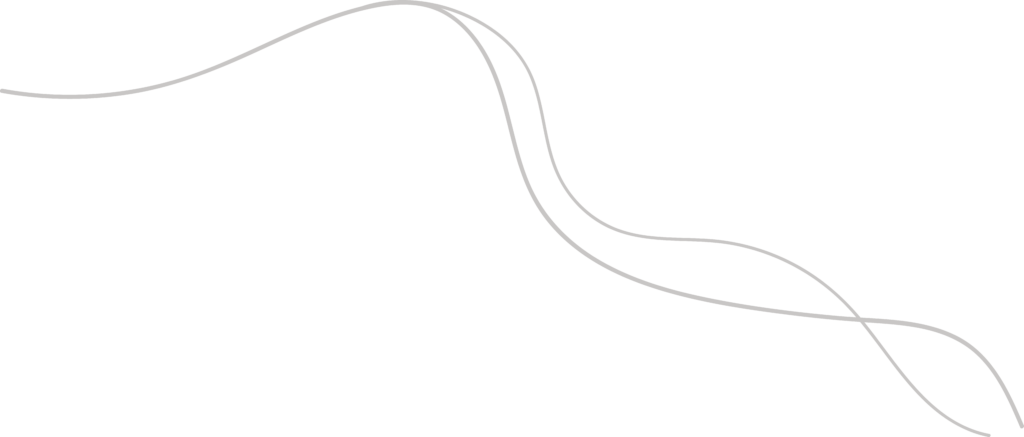As part of the ‘Health & Biotech Valley of Tomorrow’ initiative, the Belgian government recently signed a charter together with stakeholders from academia and industry, pledging to cement Belgium’s status as a biotech powerhouse in the next 10 to 20 years. Over the next few months, working groups will translate recommendations of a consultancy report into a concrete strategic plan for the future of the country. Amongst other topics, experts will evaluate ways to encourage more collaboration, provide financial stimuli, and make better use of health data.



